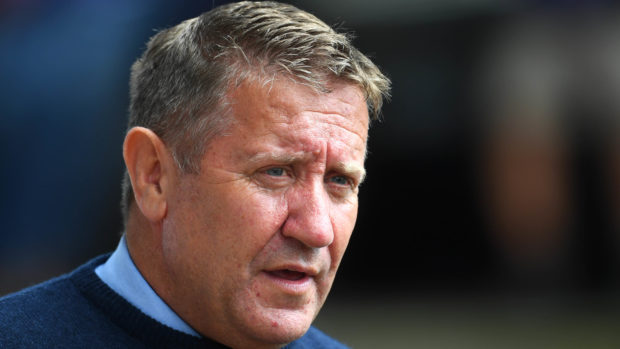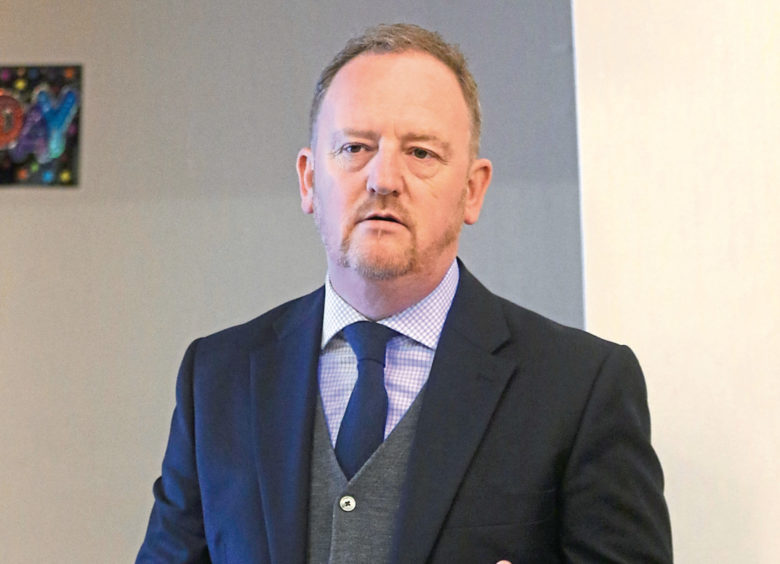Caley Thistle chief executive Scot Gardiner says John Robertson’s side will treat the Betfred Cup as pre-season in order to keep their players on furlough for as long as possible.
Inverness’ players have been on leave since the Scottish football season was suspended due to coronavirus, with the club taking advantage of the UK government’s job retention scheme which 80% of the wages of furloughed employees.
Caley Jags will be unable to continue using the scheme once they resume training ahead of the start of the Championship season on October 17.
Gardiner is keen to delay the beginning of pre-season training until mid-September at the earliest, in order for the club to save money in wage costs.
That will mean using the Betfred Cup, which is voluntary for clubs this term and is expected to begin on October 7, as the framework for the Highlanders’ build up to the start of league action.
Gardiner said: “Furlough ends at the end of October, with the season due to start for Championship and League One and Two clubs on October 7 in relation to the League Cup.
“We’ll be looking at the League Cup strictly as pre-season.
“I was speaking to a couple of other clubs who were intent on bringing their players back in late August, but we simply can’t afford to do that .
“If we began pre-season training then, we’d have to take them out of furlough and the fact is a month’s wages could make all the difference in us getting through this difficult spell.
“We’re going to keep the players on furlough for as long as possible.”
Inverness have been unable to provide training instruction to their players while they have been on furlough, due to the rules of the scheme.
The club have also furloughed the majority of their non-football staff, and are rotating those working in the ticket office.
Gardiner says Caley Jags have put measures in place to maintain the wellbeing of players during a seven-month period without competitive football.
He added: “We’ve put together a programme for the players, a mental and physical wellbeing programme.
“It’s entirely voluntary and nothing to do with football. They can attend different talks and activities, but it is a voluntary scheme in relation to their physical and mental health.
“A lot of them played their last match on March 10 and then were told they wouldn’t play until October.
“There was a real worry that they would either overcook their bodies because they’re bored and going out running every day, with the risk of doing their knees in running on the roads, or they would suffer mentally.
“We felt it was important we gave the guys the option of using this programme as we can’t train or work them on anything else. This is something they can do, within government guidelines.”

